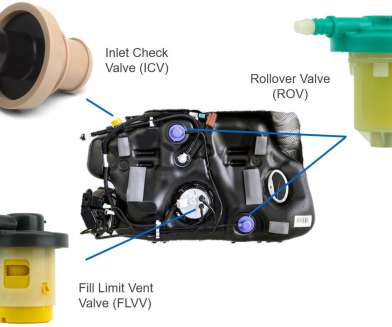Study finds São Paulo switch from ethanol to gasoline dropped local ozone levels by 20%, increased CO and nitric oxide concentrations
Green Car Congress
APRIL 29, 2014
A study by a pair of researchers at Northwestern University found that when fuel prices drove residents of São Paulo, Brazil, to switch from ethanol to gasoline in their flexible-fuel vehicles, local ozone levels dropped 20%. Ozone levels are relatively high in São Paulo, with hourly concentrations above 75 and 125 µg m ?3












Let's personalize your content